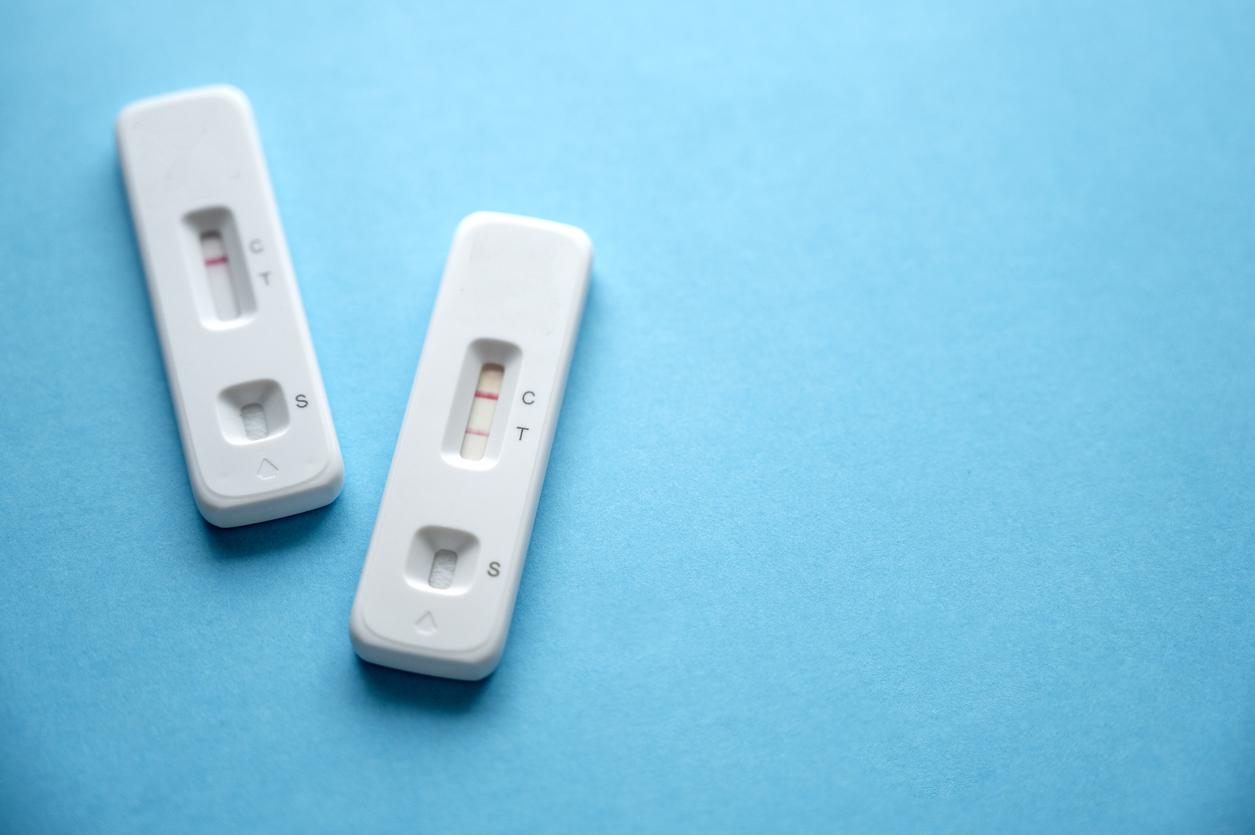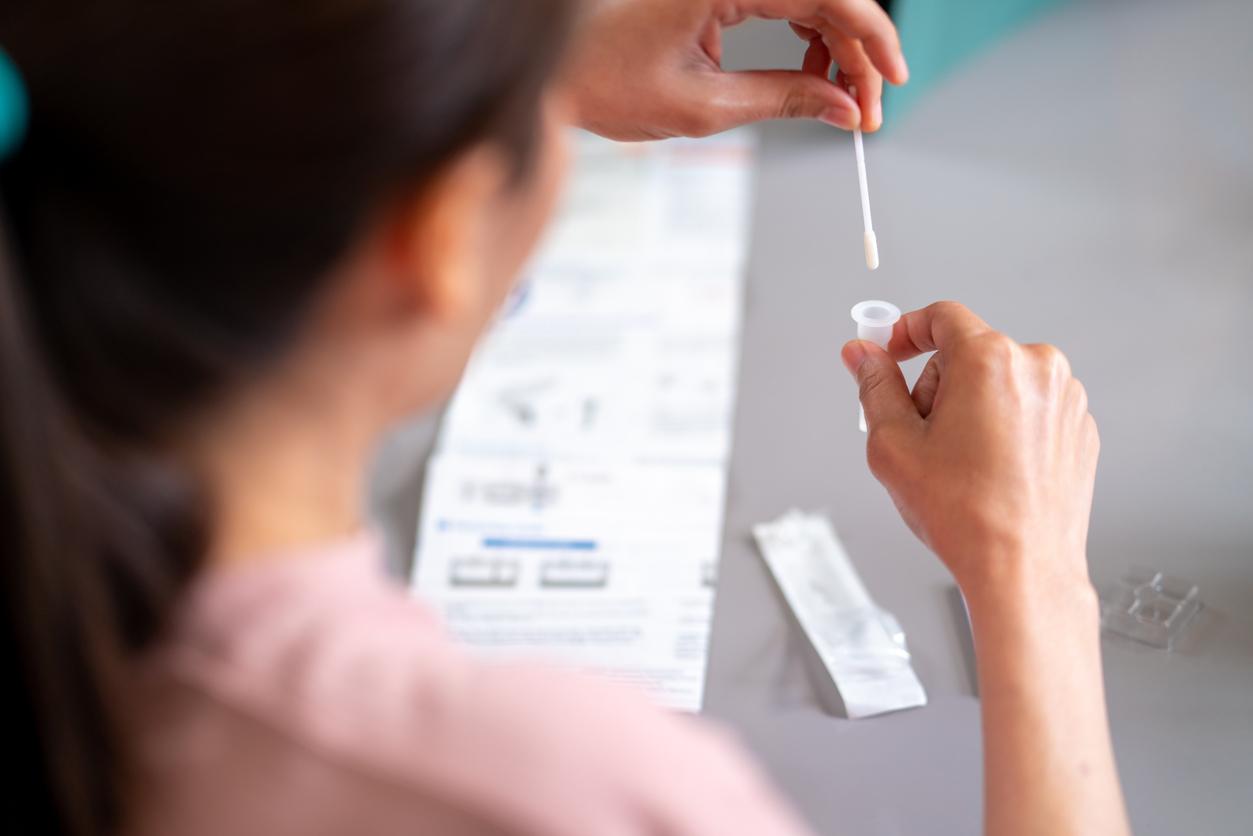The Order of Pharmacists has proposed a code on promotion to the Ministry of Health. In particular, it authorizes loyalty programs in pharmacies.

Paracetamol, soon on sale in pharmacies? Without going that far, pharmacists could benefit from a relaxation of promotion rules. The Order of Pharmacists has drawn up a text to this effect, after consulting the various players in the sector. In particular, it opens up the possibility of creating loyalty programs. The document, which also regulates the composition of the display cases, has been sent to the Ministry of Health, which will then have to validate it. Until then, the previous rules will continue but Internet users are panicking.
The sinews of war is the loyalty of pharmacy customers. Consulted last May, the Federation of community pharmacists (FSPF) considered “excessive” the total ban weighing on the profession. “For example, loyalty cards could be authorized on condition that they relate only to parapharmacy products”, argued the union. Precise conditions visibly misunderstood on Twitter: followers of the social network already deplore a commercial drift and make their imaginations work.
This is the new Code of Ethics: At the 9th doliprane bought a free NurofenFem! https://t.co/daYRaGyDxV
– HygieSuperBowl (@HygieSuperBowl) September 23, 2016
The order of pharmacists validates the commercial drift of dispensing pharmacies #Fidelity card #pharmacy https://t.co/13mtxKJkNO
– Docteur_en_Pharmacy (@Pharmoclin) September 23, 2016
Public health in mind
The interpretation is somewhat excessive: the text makes it clear that products subject to the pharmaceutical monopoly are excluded from loyalty programs. These can only relate to cosmetics, food supplements or even drugstores. Alain Delgutte, President of the Central Council of Pharmacy Holders, considers these proposals more “in line with the development of new technologies but also with the new aspirations of patients and pharmacists themselves”.
The FSPF must have felt the protests coming: in its press release at the beginning of the summer, it warned of the impact on the image of the pharmacist “who would no longer be considered as a trader”. The union then expressed concerns about the weakening of the monopoly.
Turning the pharmacist into a merchant is not precisely the spirit of the new code proposed by the Order. On the contrary, it places the professional at the center of the health system. Thus, health watch or public health messages must occupy a “significant” space in relation to advertising offers. The client’s agreement must always be requested before these. Pharmacy groups will not have the right to promote themselves either. They can, however, organize coordinated prevention campaigns. It remains to be seen whether this aspect will be retained in collective minds.
.















